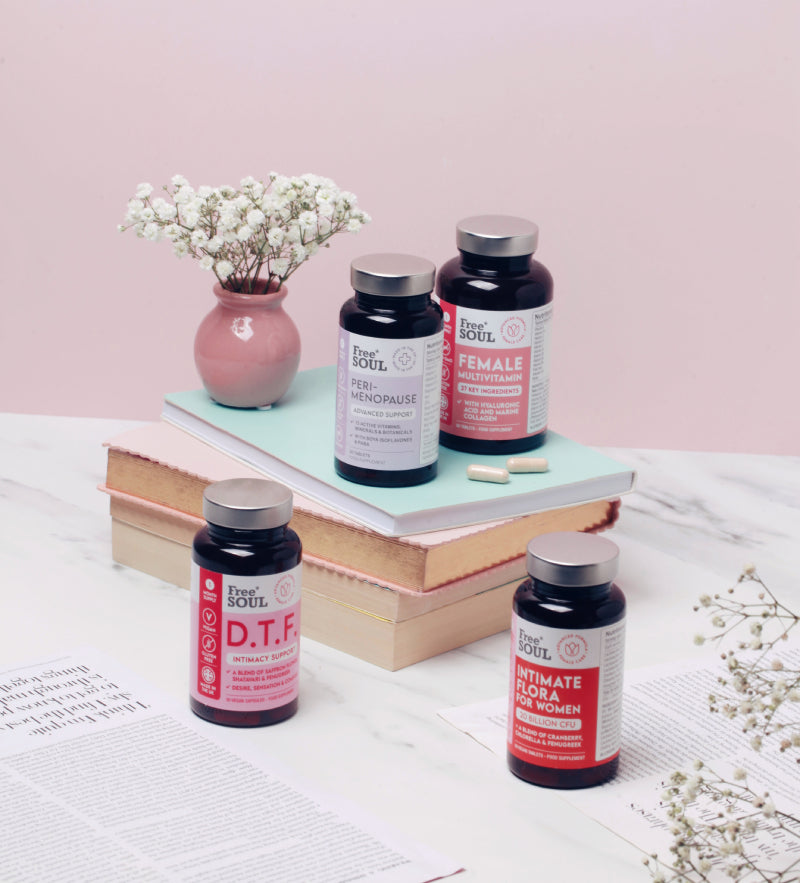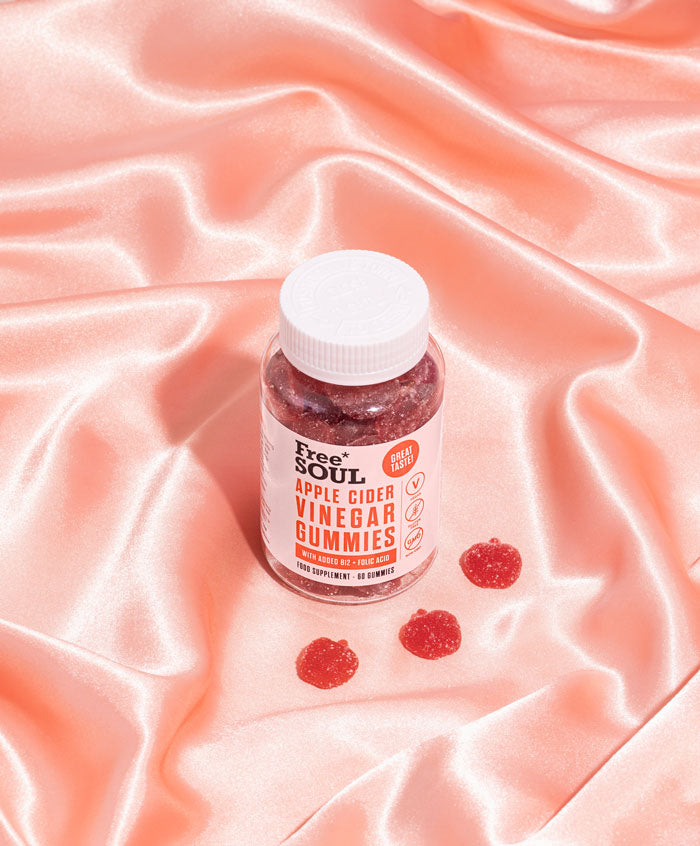The Benefits of Vegan Protein for Your Skin

Affecting an overwhelming 95% of individuals between the ages of 11 and 30, acne has become a near-universal challenge during our most transformative years. From the trials of hormonal flare-ups to the discomfort of deep-rooted pimples, countless individuals, especially women, find themselves navigating a maze of remedies.
The quest for clear skin has led many to explore everything from the allure of groundbreaking topical treatments to splurging on celebrity-recommended facials.
Amidst this search, a new question emerges: Could the switch from whey protein to vegan protein powder alternatives be the unsung hero in the journey to a blemish-free complexion? Join us as we delve into the potential benefits of plant-based protein powder.
The pros and cons of whey protein
Does Whey Protein have health-boosting properties?
With a multitude of health-boosting properties, from anti-cancer effects to weight loss, and even helping with asthma and cholesterol issues, whey protein is championed for its multifaceted impacts, lauded by the health-conscious.
Considerations for Consumption: Potential Drawbacks of Whey Protein
However, Whey Protein has been shown to increase inflammation, hormonal changes, and increased oil production; a triple-threat to baby-soft skin where makeup seamlessly glides on.
This results in the production of sebum, the pesky oily substance which makes its way into our pores, transforming from an innocent, moisturising property into a troublesome coating which erupts into acne when in excess.
Now, that isn’t to say that you should immediately head to your nearest cupboard to ensure that your collection of whey protein takes pride of place in the bin.
If you haven’t experienced any breakouts above your standard pimple here-and-there, you’re probably good to go! But if you have noticed the odd skin eruption, it may be time to look at vegan protein alternatives.
Why use vegan protein?
Plant based alternatives to whey protein are growing in popularity due to a wide range of health benefits, and as time has gone on, plant protein has proved to be more than just a trend.
So, why use vegan protein? Here’s ten reasons why you should consider switching from whey protein to vegan protein.
- Sustainability: Vegan proteins typically have a reduced environmental impact, conserving water, decreasing deforestation, and lowering greenhouse gas emissions compared to animal-based proteins.
- Digestibility: Many individuals find plant-based proteins gentler on the stomach, leading to less bloating and digestive discomfort.
- Allergy-Friendly: For those with lactose intolerance or egg allergies, vegan proteins offer a safe, non-reactive alternative.
- Nutrient Diversity: Vegan proteins often pack a nutritional punch, providing essential vitamins, minerals, and fibres inherent in plant sources.
- Ethical Considerations: Choosing vegan protein supports cruelty-free practices, aligning with beliefs in animal rights and welfare.
- Health Benefits: Vegan proteins, derived from sources like lentils or chia, can offer heart-healthy fats, antioxidants, and other beneficial compounds.
- Clean Ingredients: Vegan protein products often prioritise natural, organic ingredients, minimising artificial additives and chemicals.
- Disease Prevention: Consuming plant-based proteins has been linked to lower risks of heart disease, certain cancers, and type 2 diabetes.
- Versatility in Cooking: Vegan proteins can be seamlessly integrated into various recipes, from shakes to main courses, offering culinary diversity.
Flavour Exploration: With vegan proteins sourced from peas, hemp, soy, and more, consumers can enjoy a broad spectrum of unique and satisfying tastes.
Benefits of vegan protein for skin
Our diet profoundly influences our skin's health, and the benefits of vegan protein are proof of this. Derived from plants, vegan protein benefits your overall health, and more specifically, your skin.
From antioxidants to hydration and more, let's take a closer look at the many ways vegan protein contributes to a radiant complexion.
1. Rich in Antioxidants
Vegan protein sources such as hemp, chia seeds, and quinoa are abundant in antioxidants, vital compounds that offer a protective shield to the skin. These antioxidants neutralise harmful free radicals produced by environmental stressors like pollution and UV rays.
By combating these free radicals, vegan protein benefits your skin by potentially combating premature skin ageing, and maintaining a glowy complexion.
2. Anti-inflammatory Properties:
One of the most notable benefits of plant based proteins is their natural anti-inflammatory effects. Take hemp protein, for instance. It's rich in omega-3 and omega-6 fatty acids, which are known to alleviate skin redness, irritation, and inflammation.
Consuming such proteins can therefore lead to calmer, more soothed skin, especially beneficial for those with sensitive or reactive skin types.
3. Digestive Health
The health of our gut is intricately linked with the condition of our skin. Several vegan protein sources, especially those with a good fibre content, can bolster gut health.
A well-functioning digestive system can effectively eliminate toxins, which, in turn, can contribute to a clearer, blemish-free complexion. Maintaining a healthy gut flora through these proteins might indirectly promote skin health.
4. Minerals & Vitamins
Vegan proteins often come packed with essential vitamins and minerals that are vital for skin health. For example, pumpkin seeds, frequently used as a vegan protein source, are a rich source of zinc. Zinc is instrumental in skin development, wound healing, and inflammation control.
By ensuring an adequate intake of such minerals, one can support various skin functions and maintain its overall health.
5. Hydration:
Ingredients like flaxseeds, which are used in our vegan protein blend, can help maintain skin hydration, promoting a radiant complexion.
**At Free Soul, your well-being is our priority, and although we pride ourselves on our expertise in women's health and wellbeing, it is important to acknowledge the individuality of each person. Features published by Free Soul are not intended to treat, diagnose, cure or prevent any disease, or replace the advice of your GP. We always recommend consulting with a healthcare provider if you encounter any health concerns, and we’ll always be here to support you so you’re never alone on your journey.












